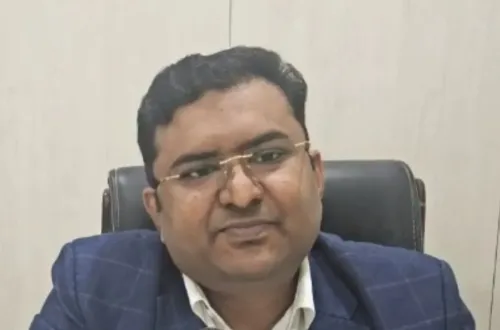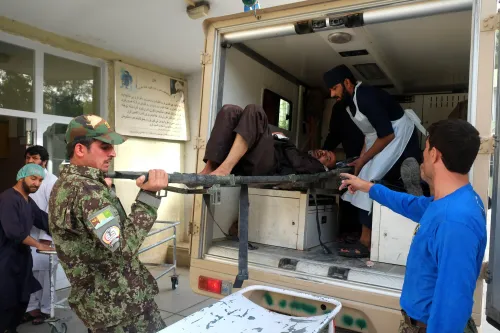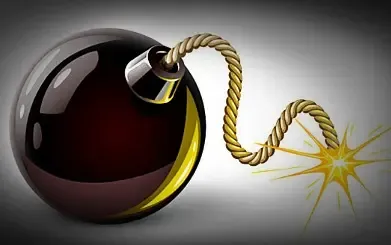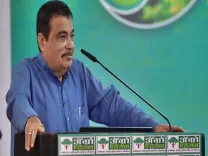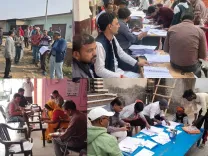Supreme Court to Review Lokpal's Authority Over High Court Judges on Tuesday
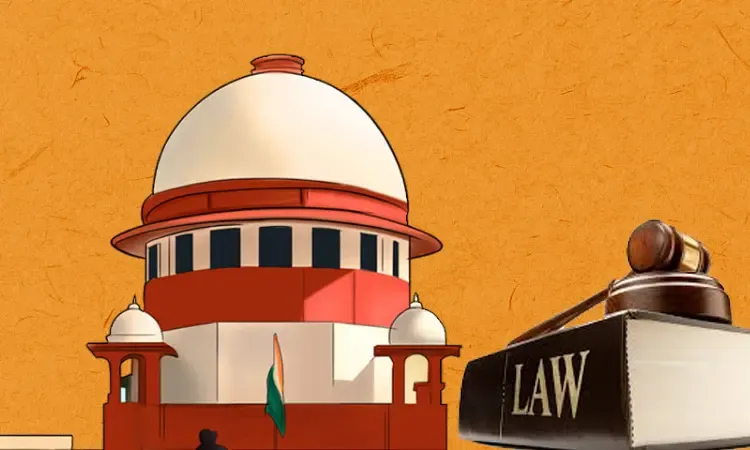
Synopsis
Key Takeaways
- The Supreme Court will hear the case regarding Lokpal's authority.
- The stay was issued on complaints against High Court judges.
- Jurisdiction of the Lokpal will be the central issue.
- Independence of the judiciary is a significant concern.
- Two complaints were referred to the CJI's office.
New Delhi, April 14 (NationPress) The Supreme Court is set to hear on Tuesday a matter in which it has suo moto (on its own motion) stayed the enforcement of a decision made by the Lokpal, stating that the anti-corruption body possesses the authority to accept complaints against High Court judges.
According to the causelist available on the apex court's website, a Special Bench comprising Justices B.R. Gavai, Surya Kant, and Abhay S. Oka will continue the hearing of this suo moto case on Tuesday.
During the previous session, the Justice Gavai-led Bench appointed senior advocate Ranjit Kumar as an amicus curiae (friend of the court), emphasizing that the apex court would solely explore the question of the Lokpal's jurisdiction and would refrain from delving into the merits of the allegations put forth by the complainant.
Solicitor General Tushar Mehta, the second highest law officer in the Centre, argued that High Court judges, being constitutional functionaries, should never be categorized under the anti-corruption law.
In an interim order issued on February 20, the Supreme Court suspended the application of the disputed decision of the Lokpal after the anti-corruption body referred two complaints to the Chief Justice of India (CJI), alleging that a sitting additional judge of a high court influenced a colleague and an additional district judge involved in a suit against the complainant from a private company.
“Something very, very disturbing,” the Justice Gavai-led Bench remarked while issuing a notice to the Union government and the Registrar of the Lokpal.
Issuing a stay on the disputed decision, the apex court noted that the matter is of significant importance as it pertains to the independence of the judiciary.
In an order dated January 27, the Lokpal concluded that it can process complaints against judges of the High Court established by an Act of Parliament.
“By this order, we have conclusively decided whether the Judges of the High Court established by an Act of Parliament fall under the scope of Section 14 of the Act of 2013, in the affirmative. No more and no less. We have not assessed or scrutinized the merits of the allegations at all,” the Lokpal stated.
“We are mindful that a complaint filed before the Lokpal cannot be strictly equated with a criminal case registered under Section 154 of the CrPC or the respective provision in the Bharatiya Nagarik Suraksha Sanita 2023. However, given the framework of Section 20 of the Act of 2013 (Lokpal and Lokayuktas Act), upon receiving a complaint, the Lokpal is required to determine whether there exists a prima facie case before proceeding with a preliminary inquiry by its inquiry wing or any designated agency or investigation,” it added.
Nonetheless, the anti-corruption body had forwarded the subject complaints to the CJI’s office “for his kind consideration” and postponed deliberation on the complaints for four weeks.
Previously, the Lokpal had determined that while the Supreme Court may be considered public servants under Section 2(c) of the Prevention of Corruption Act, 1988, they do not fall under its jurisdiction as they are not included in the definition of “public servant” specified in Section 2(1)(o) in conjunction with Section 14 of the Lokpal and Lokayuktas Act, 2013.

